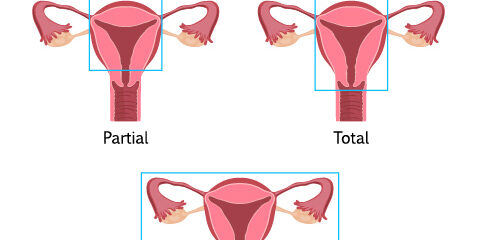Risks and Responsibilities of Surrogacy
The journey of surrogacy is a profound and heartfelt experience that underscores the incredible sacrifices made by surrogate mothers. Their role in carrying a child can be one of the most rewarding yet demanding tasks one can face, and it is essential for intended parents to understand the potential complications that can arise, including the rare but serious risk of uterine loss after delivery.
The Reality of Uterine Loss
Uterine loss, also known as hysterectomy, refers to the surgical removal of the uterus, which can occur during or after delivery due to severe complications. While most pregnancies and births go smoothly, the reality is that pregnancy is a medical procedure, and unforeseen complications can arise. One significant risk associated with childbirth is atonic bleeding, which occurs when the uterus fails to contract effectively after delivery, leading to excessive bleeding.
In situations where medical professionals cannot control the bleeding through conventional means, they may be left with no choice but to perform a hysterectomy as a last resort. The primary aim of the medical team is to preserve the uterus and ensure the safety of the surrogate mother; however, there are rare cases where removing the uterus is the only viable option to prevent life-threatening complications, such as massive hemorrhaging.
Supporting Surrogate Mothers
Given these potential risks, it is imperative that we approach surrogacy with a strong sense of responsibility and care. As part of our ethical commitment to this process, we maintain a mandatory policy that requires surrogate mothers to have had at least one pregnancy of their own before becoming a surrogate. This policy serves several critical purposes:
- Experience: Having their own child equips surrogate mothers with the knowledge and emotional resilience that come from firsthand experience. They understand the physical and psychological demands of pregnancy and childbirth, which better prepares them for their surrogacy journey.
- Risk Awareness: Surrogate mothers who have experienced delivery themselves are more aware of the potential complications and risks, allowing them to approach the process with an informed perspective.
- Compassionate Parenting: In the event of an unforeseen situation that may result in the loss of the uterus, having their own children means that surrogate mothers have already established a bond with their child, which is critical for their emotional recovery and well-being.
Understanding the serious implications of uterine loss after delivery is vital for intended parents as they go through the surrogacy process. While the chances of such complications are low, it is essential to recognize that they exist and that the well-being of surrogate mothers is of utmost importance. At our facility, we prioritize the health, safety, and emotional stability of both the surrogate mothers and the babies they carry. By implementing policies that reinforce this commitment, we ensure that while we strive to achieve the miracle of parenthood, we also respect and support the incredible women who make it possible. If you have any questions or concerns about the surrogacy process or the risks involved, please feel free to reach out. We are here to provide guidance and support every step of the way.










